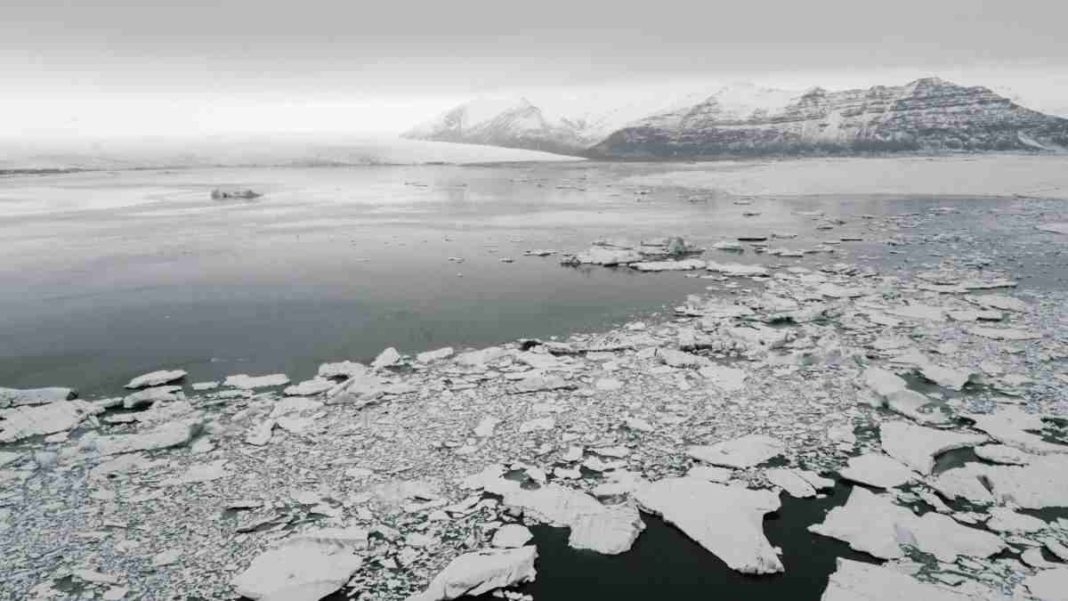ANTARCTICA: A Durham University-led research team has uncovered an ancient river-formed landscape concealed beneath the East Antarctic ice sheet, providing crucial insights into the ice sheet’s history and its response to climate change.
This landmark discovery, based on satellite data and radio-echo sounding techniques, offers valuable information about Antarctica’s past and its implications for the future amid a changing climate.
The study, published in Nature Communications, advances our understanding of Antarctica’s subglacial landscapes and their relevance to climate science.
Spanning an extensive 32,000 square kilometers, this newly revealed landscape appears to have been shaped by rivers over 14 million years ago, potentially even before the initial formation of the East Antarctic ice approximately 34 million years ago.
It comprises ancient valleys and ridges of a size comparable to those in North Wales, UK, and implies a prolonged period of temperature stability in the studied region, as the landscape remained largely unaltered by the encroaching ice.
Lead author Professor Stewart Jamieson of Durham University emphasized the landscape’s pivotal role in regulating ice flow and its response to climate change.
He noted the relatively unknown nature of the land beneath the East Antarctic Ice Sheet, stating, “The land underneath the East Antarctic Ice Sheet is less well known than the surface of Mars.”
This discovery holds promise for climate science, indicating that, despite ice sheet retreats during warmer periods, the conditions in this area remained notably stable. This knowledge is essential for projecting how the ice sheet may respond to ongoing and future climate warming.
Co-author Professor Neil Ross of Newcastle University described the find as “hidden in plain sight” for many years and highlighted its significance in unveiling the early and long-term history of the East Antarctic Ice Sheet, as well as its potential response to future climate changes.
Building on previous work by the same team and collaborators, which revealed hidden mountain ranges, canyon systems, and lakes beneath the Antarctic ice, this discovery underscores the critical role of satellite imagery and radio-echo sounding from planes in uncovering these sub-ice landscapes.
Crucially, the discovery hints at the possibility of additional undiscovered landscapes beneath the East Antarctic Ice Sheet.
Professor Jamieson confirmed ongoing exploration of this concealed landscape to fill gaps in surveys and understand how the ice sheet and its underlying terrain have evolved over time.
The study was made possible through the support of organizations, including the UK Research and Innovation’s Natural Environment Research Council (NERC), the US National Science Foundation (NSF), and NASA, which provided vital funding for the data collection and research.
These discoveries, deep within Antarctica, continue to unlock the Earth’s climate history, offering insights into its past and future challenges. The ancient rivers that once flowed beneath the ice now guide us in comprehending and addressing a changing world.
Also Read: Antarctica’s Ice Shelves Rapidly Shrinking: A Dire Consequence of Climate Change



